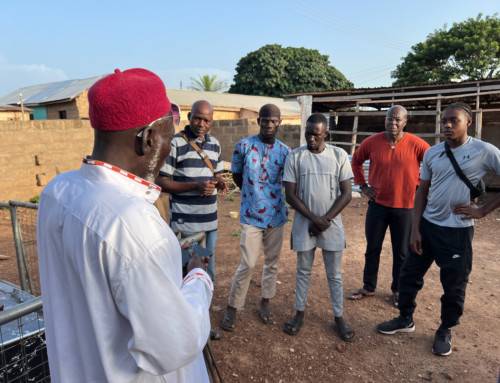By: Arnold Garcia
 One of the enduring stories of Depression-era Hollywood was George S. Kaufman’s reply to a demand for a quick turnaround on a script: “Do you want it Wednesday or do you want it good?”
One of the enduring stories of Depression-era Hollywood was George S. Kaufman’s reply to a demand for a quick turnaround on a script: “Do you want it Wednesday or do you want it good?”
Kaufman was a highly acclaimed wordsmith in his day, one blessed with a quick and biting wit. Nonetheless, he would no doubt be as bewitched, bothered and bewildered in the modern communications age as we all are. In Kaufman’s day, a typewriter, fresh ribbon and a stack of copy paper and a vivid imagination and a little time would produce words that were the vessels of both commerce and conversation.
Seven decades after Kaufman’s glory days, words still move commerce and conversation, but at a much faster pace and over a multitude of platforms. We want it good and we want it today. Make that right now.
 Being first will get you noticed. Being wrong will get you noticed more. That doesn’t change the constant, unrelenting demand for fresh information fast.
Being first will get you noticed. Being wrong will get you noticed more. That doesn’t change the constant, unrelenting demand for fresh information fast.
And sometimes, what’s right one minute is wrong the next as events and contexts change. This summer the American-Statesman had to tweet out an apology because a cartoon depicting Gov. Greg Abbott with his pants leg on fire was received poorly in light of burns he suffered in an accident while on vacation. We’ll give the newspaper the benefit of the doubt, but many readers won’t.
That’s why those depending on modern communication to deliver a message must be constantly aware of breaking news that might render a message obsolete, wrong or leave consumers with the wrong impression of your company or product.
Once you’ve crafted the message. Read it then read again out loud then read it again. Once you’ve hit the “send” button don’t leave the message to fend for itself. Check on it, modify it if necessary to respond to breaking news.
It takes an experienced team to survive in the modern communications age. We’ve got the experience and the team at Crosswind to help you communicate effectively.
Arnold García is a senior advisor at Crosswind Media & Public Relations.




